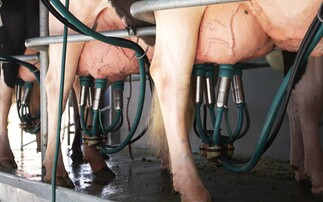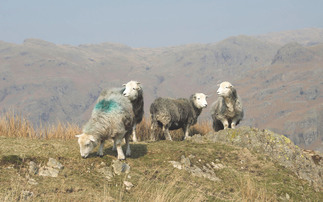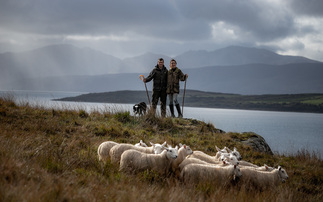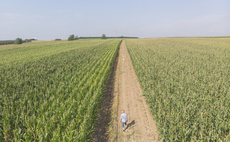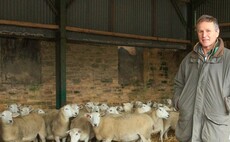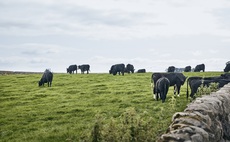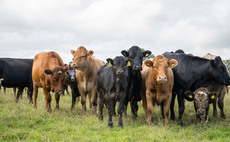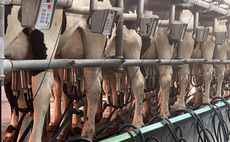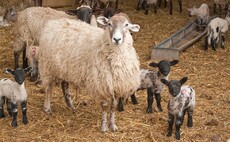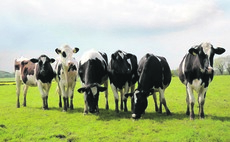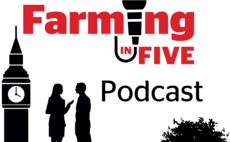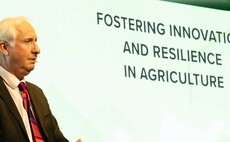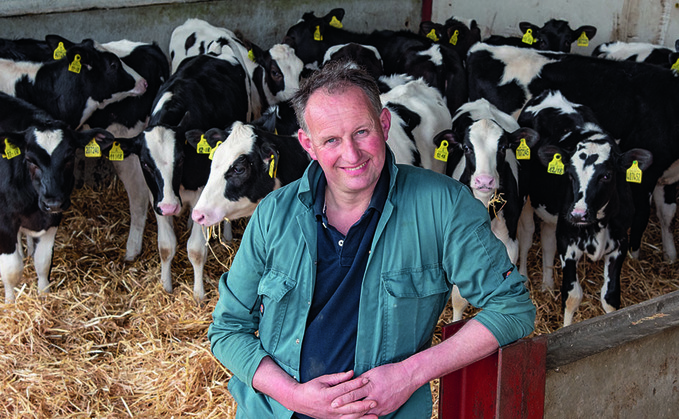
False spring or not, it has provided an opportunity to set spring work off to a blistering start.
Emptying lagoons has been the order of the month. Dry conditions have allowed us to drive over the heaviest of land without damage, even applying a light application to our winter barley. Typically, in February, this would be unheard of.
Using a dribble bar has been a significant help - any swards that normally have grass covers too strong have been spread, and yet these very same fields now look untouched.
With conditions so good so early on, we made a light application to the grazing ground. However, I do just wonder if a trailing shoe might suit grazing ground better, as the quest for no splash on the leaf is very important.
The much-publicised milk price reset appears to be in full swing; significant price adjustments are making headlines, arguably reflecting some of the lower costs we are seeing for items such as fertiliser, feed and fuel.
One very significant move in the UK milk market is the announcement from Muller that, going forward, an average of 94 per cent of their producers milk price will be subject to a cost of production-type pricing mechanism.
The remaining 6 per cent is to be priced on the world market. The stated idea behind this is to bring stability to the Muller Direct Groups pricing rather than seeing such volatility at the farmgate.
Naturally, people will watch how this unfolds over the next 12 months. If the detail of the new announcement adds up to create a sustainable alternative to the much-heralded cost of production model, used by large retailers with their aligned farmer groups, some aligned producers may be tempted back to the less onerous standard Muller contracts.
A 10 per cent currency drop since the vote to leave the EU back in 2016, coupled with green aspirations from many dairy producing countries, may bode well in the world market for our UK food which is produced to a gold standard.
The UK Government needs to remind itself of the importance of stringent checks on foodstuffs coming into the country, in particular controlling disease such as African swine fever. A worrying comment from NFU president, Minette Batters, highlighted that these checks were not happening.
Likewise, the standards for imported food need to be harmonised with those that UK food producers are held to. This is to ensure a level playing field for producers, to ensure the UK is not exporting its environmental responsibilities overseas, and to ensure the grocery-buying public are not misled into buying food produced to lesser standards than that which the Government allows to be produced on home soil.
Rishi Sunak has announced a new Brexit deal for Northern Ireland. If this deal gets passed, it sounds like it could please the Americans, and so could move us closer to a US trade deal - one to watch.








